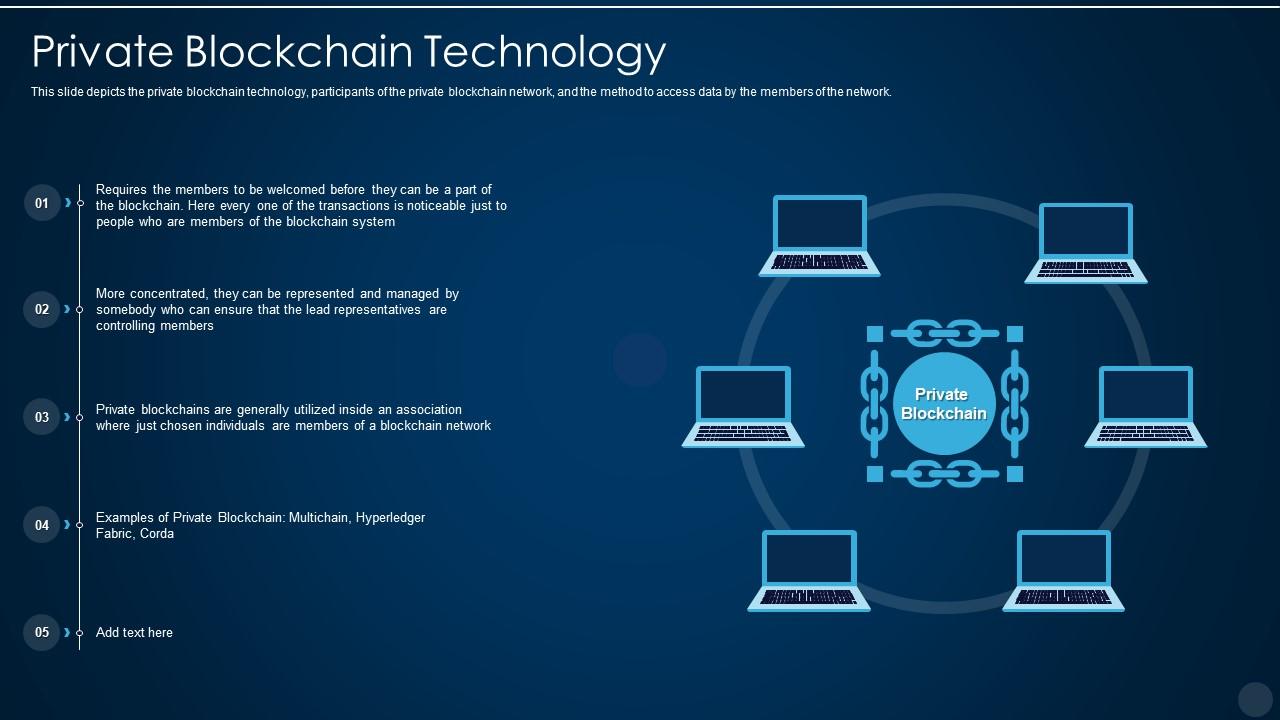
Introduction
Private blockchain technology has emerged as a powerful tool for organizations seeking enhanced data privacy and controlled access within a distributed ledger system. Unlike public blockchains, private blockchains limit participation to authorized entities, offering a more secure and efficient alternative for various industries. The Blockchain Courses in India provide detailed sessions on Private Blockchain for the best skill development.
This introduction explores the key features, advantages, and challenges of private blockchains, highlighting their role in driving innovation and digital transformation across sectors.
All About Private Blockchain
Private blockchain is a distributed ledger accessible only to specific participants, unlike public blockchains, providing controlled access and enhanced privacy. It operates within a closed ecosystem managed by designated entities, ensuring confidentiality and integrity of data.
Unlike public blockchains, where anyone can participate in the network, private blockchains restrict access to authorized parties, typically within an organization or a consortium. These authorized entities have predefined roles and permissions, governing the network’s operations and data visibility.
Furthermore, unlike public blockchains, which rely on decentralized consensus mechanisms like proof of work or proof of stake, private blockchains often employ more centralized governance models. This centralized control allows for faster transaction processing and greater scalability but may raise concerns about single points of failure or manipulation.
Advantages Of Private Blockchain
Private blockchains offer several advantages tailored to the needs of specific organizations:
· Enhanced Privacy: Private blockchains restrict access to authorized participants, ensuring sensitive data remains confidential. This level of privacy is crucial for industries like healthcare and finance, where compliance with regulations such as HIPAA and GDPR is paramount.
· Controlled Access: Unlike public blockchains, where anyone can participate, private blockchains allow organizations to control who can join the network. This enables tighter security measures and reduces the risk of unauthorized activity.
· Increased Efficiency: Private blockchains often operate with faster transaction processing times and lower latency compared to public blockchains. With fewer participants and a more centralized governance model, private blockchains can achieve higher throughput and scalability, making them suitable for enterprise-level applications.
· Customizable Governance: Organizations can tailor the governance structure of private blockchains to suit their specific needs. This includes defining roles, permissions, and consensus mechanisms, allowing for greater flexibility and adaptability to regulatory requirements or internal policies.
· Cost Savings: By eliminating the need for mining and reducing network congestion, private blockchains can offer cost savings in terms of transaction fees and energy consumption. This makes them an attractive option for businesses looking to streamline operations and reduce overhead costs.
Limitations Of Private Blockchain
While private blockchains offer enhanced privacy and control, they come with some limitations.
These include:
· Centralization: Private blockchains often have a more centralized governance structure, raising concerns about single points of failure and potential manipulation.
· Reduced Decentralization: The controlled access and governance of private blockchains can compromise the decentralization that underpins the security and trustworthiness of public blockchains.
· Interoperability Challenges: Private blockchains may face difficulties in interoperating with other blockchain networks or traditional systems, limiting their ability to exchange data seamlessly.
These limitations highlight the trade-offs between privacy and decentralization in private blockchain implementations.
Conclusion
In summary, private blockchains offer controlled access, enhanced privacy, and efficiency for various industries. Despite some limitations, ongoing advancements in technology and governance models are expanding their capabilities. The Blockchain Training in Delhi is known for its courses on Private Blockchain. As organizations continue to explore blockchain solutions, private blockchains will likely remain integral to driving innovation and digital transformation.




